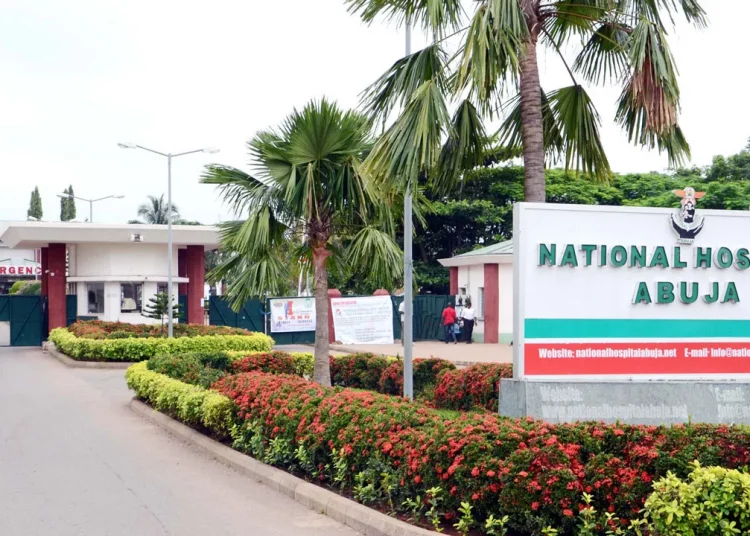Recently, two well-known journalists were involved in a fatal road accident on the Minna-Suleja Road. The two journalists died four days apart after succumbing to their injuries. One of them, Danladi Ndayebo, was a former commissioner in Niger State. He was also a former editor at LEADERSHIP Newspapers. The second, Mohammed Isa, before his death was a special assistant to the Senate president, Ahmad Lawan.
According to relatives that have been quoted in the media, the victims were admitted to the IBB Specialist Hospital in Minna, Niger State, but were left unattended for well over 12 hours. This negligence has been cited as the cause of Ndayebo’s death.
While the hospital management has been silent, the state government has ordered an investigation, which will probably not result in anything tangible. More curious, however, is the complete absence of the Medical and Dental Council of Nigeria in the entire picture. This is a classic case of negligence and, from all indications, the families of the deceased want justice or some form of accountability, but have no one to turn to. This should not be so. Very few complaints are filed against medical practitioners in Nigeria; only few get sanctioned by MDCN.
This is not because patients do not have complaints. It is more a reflection of the lack of confidence Nigerians have in the MDCN and its ability to conduct unbiased investigations and deliver justice.
And because in many similar cases, it boils down to how hospitals are administered and management policies. If there is an authority that should carry out an investigation, it should be MDCN. We believe these acts of recklessness by hospitals and healthcare officials keep happening because MDCN itself has been, and continues to be, negligent
of its responsibilities. The MDCN, more than any individual doctor, nurse or laboratory scientist, is failing Nigeria.
The quality of doctors in the country’s hospitals has never been an issue. These same doctors are working and distinguishing themselves in hospitals around the world. In the United Kingdom alone, there are over 10,000 Nigerian doctors working in their health system. And by the estimation of the Nigerian Medical Association, some 40,000 of our doctors are working abroad. Yet, with these same doctors in Nigeria, service delivery is poor enough, to the extent of negligence.
This negligence has become endemic in Nigeria’s healthcare delivery system. This suggests there is a problem of administration in the system. Today, getting admitted into a private room in any of
Nigeria’s public hospitals is an experience people always complain about. In many cases, patients needing urgent attention are told there are no bed spaces to accommodate them. And before healthcare officials lift a finger to provide aid to the patient, a huge deposit has to be made. It may be that this is a deliberate policy of the federal and state governments who own the hospitals to aggressively increase revenue coming from these primary, secondary and tertiary healthcare facilities. In many of these hospitals, private wings have been opened using the Public-Private Partnership model. And, as can be imagined, the attention and quality of service paid to those in the general wards and the expensive private wards are not the same. And like everything else in Nigeria, how much of this money generated by public
hospitals gets to government coffers remains opaque. As much as doctors are one of the best paid professionals in Nigeria, a substantial amount of the budget of hospitals is spent on administrative cost. It is when these hospitals are poorly administered that patients have to buy their own gloves, syringes and even bandages. What this really means is that the chief medical directors in many of these facilities have no training in how to manage hospital finances, and patients are paying for the poor quality of management. Sadly, patients sometimes pay with their lives.
It is the view of this newspaper that Nigeria needs to migrate from having a chief medical director as the overall boss in the management of our hospitals. This should be left to healthcare officials who have gone out of their way to attain additional expertise in health policy and management. Hospital administration is a specialty, and in many western nations, the administrators are not only the best paid health officials, but no one without this expertise would go near managing a hospital or healthcare facility. Those managing public hospitals need many more skills beyond their medical training, especially finance and communication skills, accountability, innovative thinking and organisational awareness. These are what have been lacking in a number of government owned hospitals.





